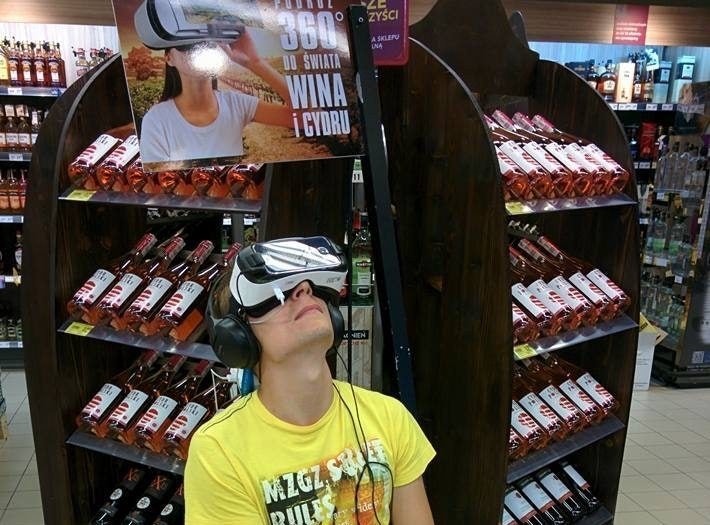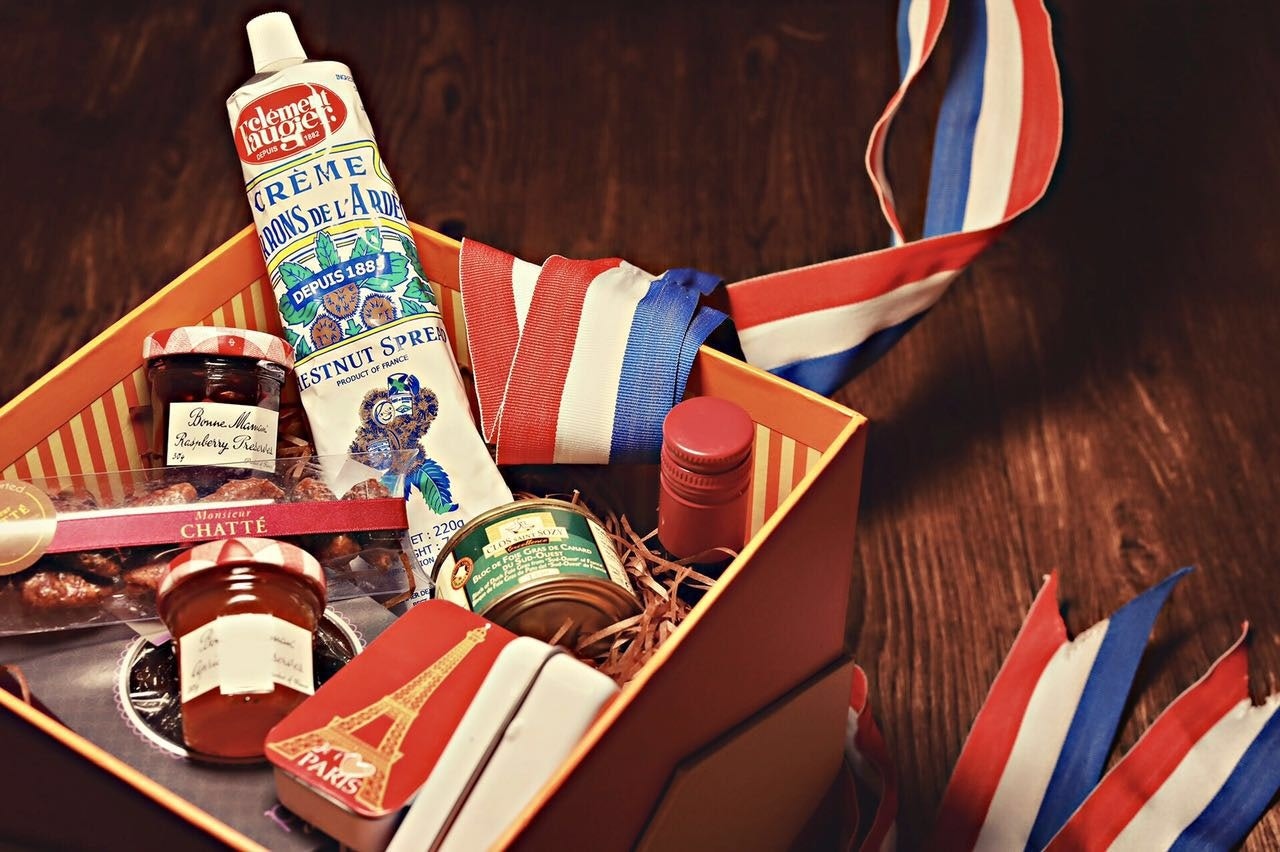Editor’s note: A version of this post first appeared on Technode, the leading tech media uncovering the latest news on start-up entrepreneurs, investors, large companies and industry trends in China and Asia.
Coolhobo, a Shenzhen-based food VR commerce company and a fresh graduate of Chinaccelerator, is stopping its subscription-based food boxes to focus on their VR platform.
The pivot into VR commerce is risky, however. Alibaba, in partnership with HTC, is poised to bring its VR commerce Buy+ platform to consumers in the near future.
As we discovered from 2016’s failures, a startup should never try to outspend a tech giant. Loic Kobes, the founder and CEO of Coolhobo, is aware of the challenges and has a plan.
First, Coolhobo is focused on the higher income group. While Alibaba appeals to price sensitive customers, Coolhobo is targeting higher income consumer and high-end stores.
“VR commerce is a new concept, and we will bring experience and quality for high-end customers,” Loic said. The company is targeting two groups: tech savvy millennials and people who are looking for quality imported food.
The company is partnering with retailers, starting with Olé, headquartered in Shenzhen, to bring their VR experience to customers and will set up VR booths in the supermarkets to improve the shoppers’ experience and deliver an international lifestyle.
Their VR shopping assistant provides voice recognition to guide the customer through the food journey. For example, video content about French wine takes customers to the vineyard in a helicopter and to a restaurant where the wine is served. This is combined with a story talking about the brands.
Second, the company focuses on the quality of the product. Currently, 40 high-quality imported food brands are exclusively working with Coolhobo.

Third, the company will provide a unique 360-degree video focusing on food content that it will feature on Chinese video platforms.
“Watching the food value chain before you consume, engages the customer and enhances the trust," Kobes said. "For vendors, it’s an interesting channel. After seeing the VR video, the customer wants to share the story.”
The beta version of Coolhobo’s VR commerce platform will be ready after Chinese New Year’s day. Users will be able to do VR shopping using their native app or on the website.
